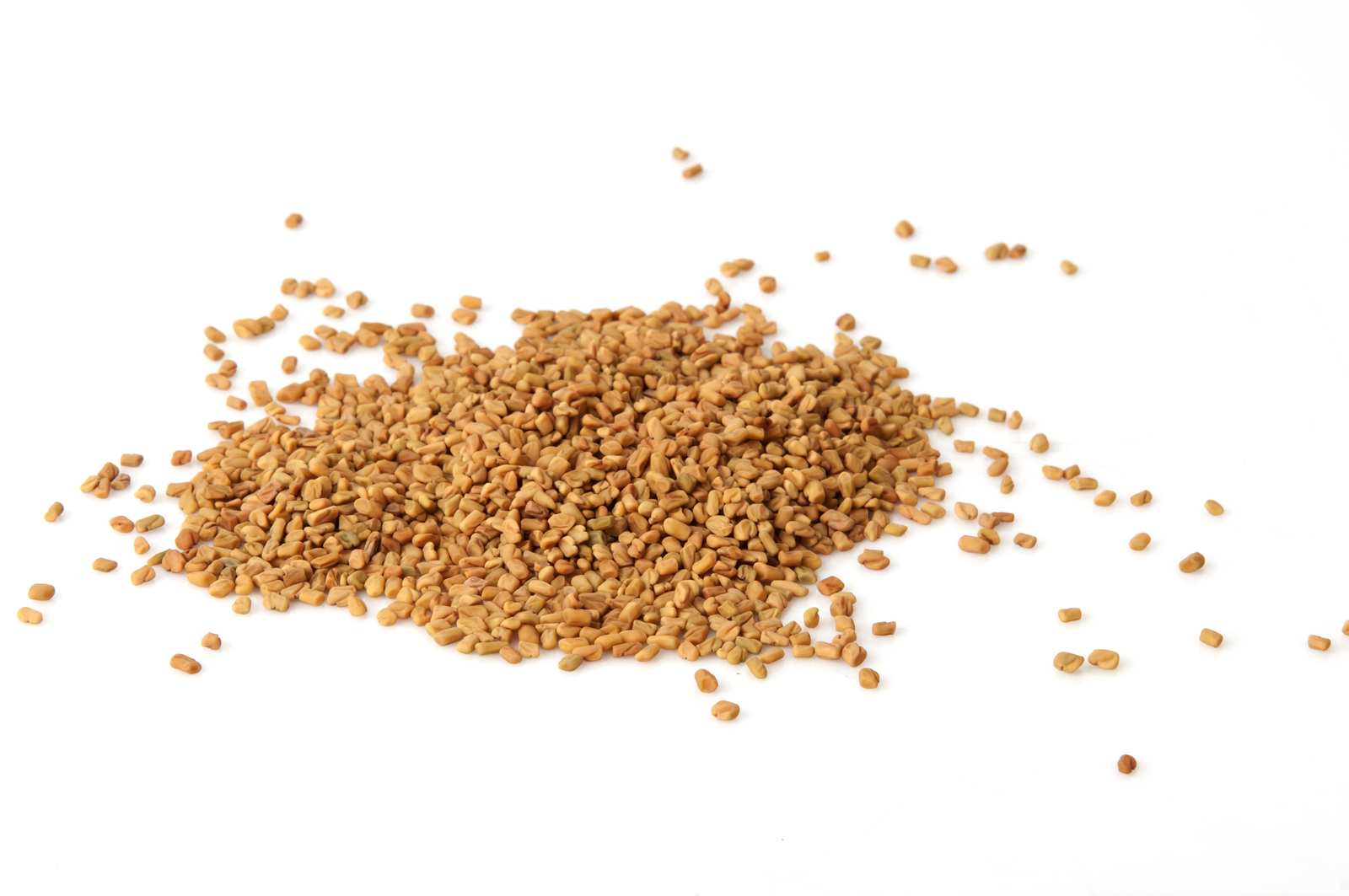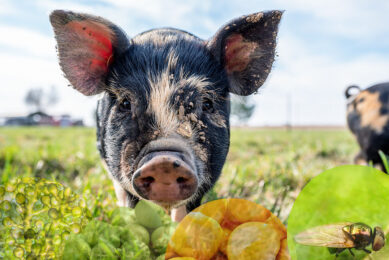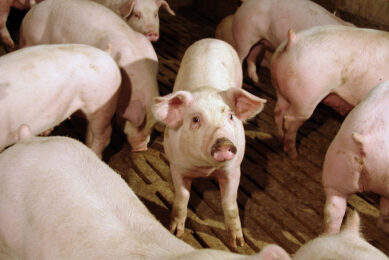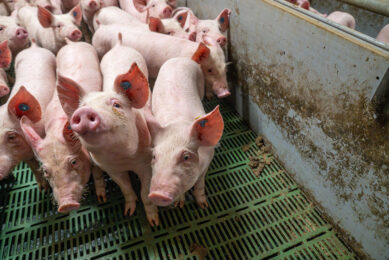Higher growth with fenugreek seed extract

Adding fenugreek seed extract (FSE) to the diet of lactating sows has a positive influence on the suckling piglets. Also for weanling piglets, fenugreek can stimulate zootechnical parameters such as growth and nutrient digestibility.
This is concluded from a suckling piglet study, published in the Canadian Journal of Animal Science and a weanling piglet trial, published in the Journal of Animal Physiology and Animal Nutrition.
Fenugreek (Trigonella foenum-graecum L.), an annual leguminous plant from the group of Leguminosa that grows in many parts of the world, has been used extensively, not only as a food ingredient for humans, but also as a natural herbal medicine. Fenugreek has been reported to show health effects in animals. Although many studies have examined the therapeutic properties of fenugreek in humans and laboratory animals, its possible effects in sows and piglets have not been investigated. Thus, the objective of the current study was to evaluate the effects of fenugreek seed extracts (FSE) on reproductive and growth performance, faecal score, and faecal microbial profile, blood profiles, apparent total tract digestibility (ATTD) of nutrients, and faecal noxious gas emission in sows and suckling piglets.
The trial was conducted with 78 multiparous sows and their litters in a 28-d feeding trial, and 1 of 3 diets: CON (control, basal diet); FSE1 (basal diet with 0.1% FSE), and FSE2 (basal diet with 0.2% FSE). Results are shown in the interactive graphs below.
In another trial, researchers looked at the supplementation of FSE in weanling piglets. A total of 135 weanling pigs [(Yorkshire 9 Landrace) x 9 Duroc] were used in a 42-day study. Piglets were randomly allotted to 3 experimental diets with 9 replicate pens and 5 pigs per pen. Dietary treatments were the same as the trial mentioned earlier: CON, basal diet; FSE1, basal diet + 0.1% FSE; FSE2, basal diet + 0.2% FSE. The results on gas emission can be seen in the interactive graph below.
Conclusions
In conclusion, in the trial were lactating sow diets were supplemented with FSE, no effect on indicators of reproductive performance were seen. However, improved body weight, average daily gain, WBC, and serum IgG concentrations in suckling piglets were seen. Feeding diets with FSE supplementation increased apparent total tract digestibility of nitrogen, energy and serum IgG concentrations, and reduced serum LDL, TC, faecal E. coli, and NH3 gas emission in sows. These results imply that FSE may have a role to play in antibiotic-free feeding programmes for piglets, and may be useful in minimising air quality effects associated with pork production. In the trial in weanling piglets, the researchers concluded that the results indicated that 0.1 and/or 0.2% FSE dietary supplementation could increase the growth performance, E digestibility and levels of HDLC, IgG and RBC while decreasing faecal noxious gas content (NH3 and H2S) in weanling pigs.
Join 26,000+ subscribers
Subscribe to our newsletter to stay updated about all the need-to-know content in the feed sector, three times a week. Beheer
Beheer









 WP Admin
WP Admin  Bewerk bericht
Bewerk bericht